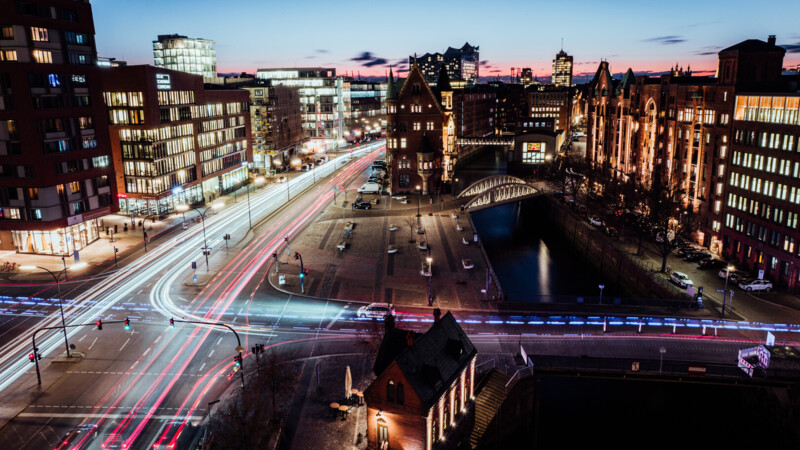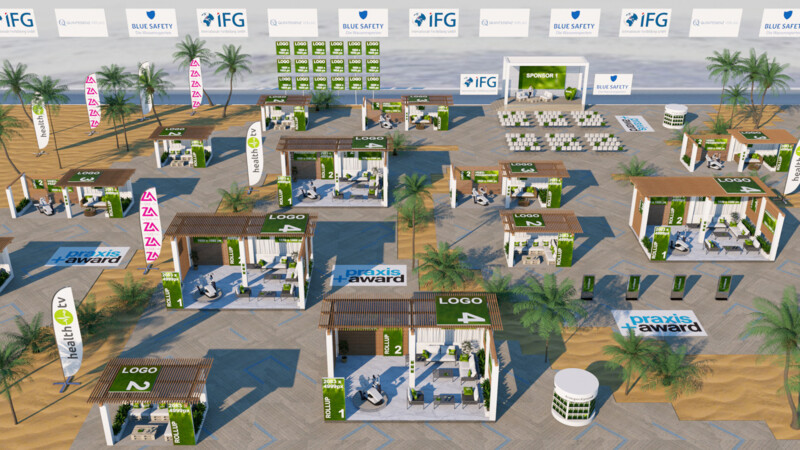"We want to bring all the information needed for road traffic straight onto the windscreen by means of a special film." A 3D navigation arrow could be set up outside the vehicle and facing onto the road. Two cameras, one pointed at the road and one at the driver, provide data which is processed by artificial intelligence and displayed with the help of augmented reality. The start-up secured an EXIST Business Start-up Grant from the German Ministry of Economics and Energy in November 2019 for a prototype.
A start-up in Hamburg is on a mission to save lives and make roads safer. Mohamad Hamed Jalalzada, founder of hoλos, explained the background to their idea: "Even a quick glance at the navigation system instead of the road puts people at risk." He and his co-founder Marie König use augmented reality, artificial intelligence and the so-called 3D parallax effect for greater optical depth all of which reduce distractions at the wheel.
Integrating 3D arrows traffic scenes
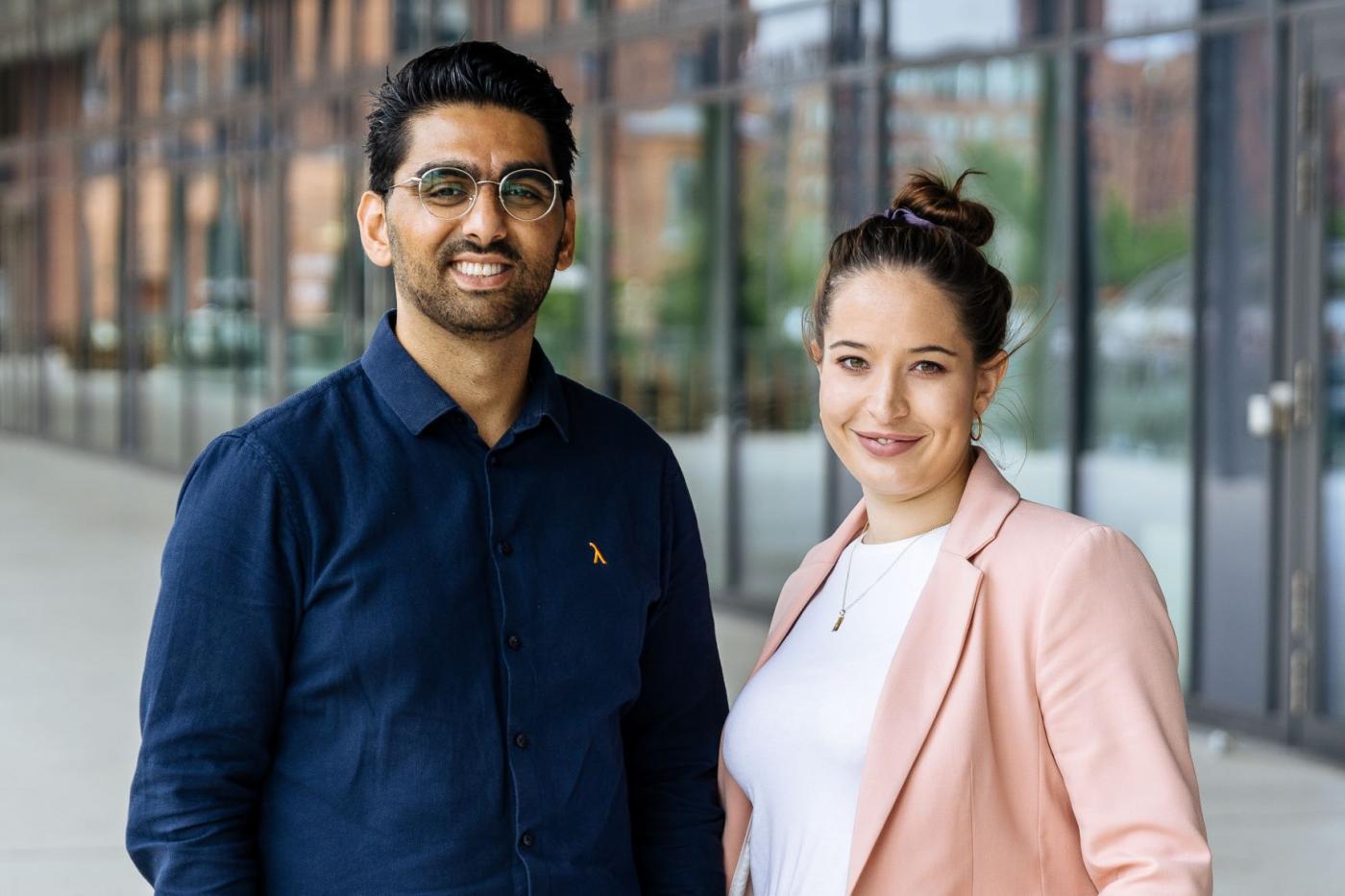
Plexiglas panels with personalised advertising
"When the demonstrator was completed and we wanted to launch the pilot phase, corona brought the automobile sector to a standstill." Despite the brief halt, Jalalzada and König began looking for alternative applications for their idea and hit on the advertising sector. Plexiglass panels are ideal for personalised advertising and began popping up everywhere in the wake of corona. The company's technology is now being used in two pilot projects in a shopping centre and in a café in the district of Horn in Hamburg. "We are testing an AI-based application in the Hamburg Mile," said Jalalzada. "A camera recognises the gender, approximate age and whether the customer is in a good or bad mood. So if a cheerful looking young woman comes by, the latest shoe collection, for instance, pops up on the panel."
Right advertisement at the right time
A time-based customer analysis was carried out for the "Café von Herzen". Workerson the building site around the corner, for instance, now see advertisements for rolls with onions and minced pork on the shop window and just in time for breakfast. "We had a lot of help developing and executing our idea. It all began during our course of studies," said Jalalzada. He and König first met at HAW Hamburg and received plenty of advice and crucially an office from the CareerService and Founders Service departments at the Centre for Career Planning. "We would not have been able to take off without HAW's service for founders," Jalalzada stressed.
Backing for bright ideas
The start-up also received cross-university support from beyourpilot a project by Hamburg Innovation GmbH. The start-up platform offers a mix of offline and online consulting offers - from the initial idea to product development. "We also learned an incredible amount at the Next Media Incubator Media Lift, and the support from Hamburg Invest was great as well. They really took time for us here, provided us with information about funding opportunities and set up valuable contacts," said Jalalzada. The duo now hope that hoλos' applications can be set up on buses, trains or airplanes. "The next step could see autonomous driving become reality and windows become display surfaces. A university professor could then plan his lectures easily and an entrepreneur can prepare a presentation."
ys/kk/pb
Sources and further information
More
Similar articles
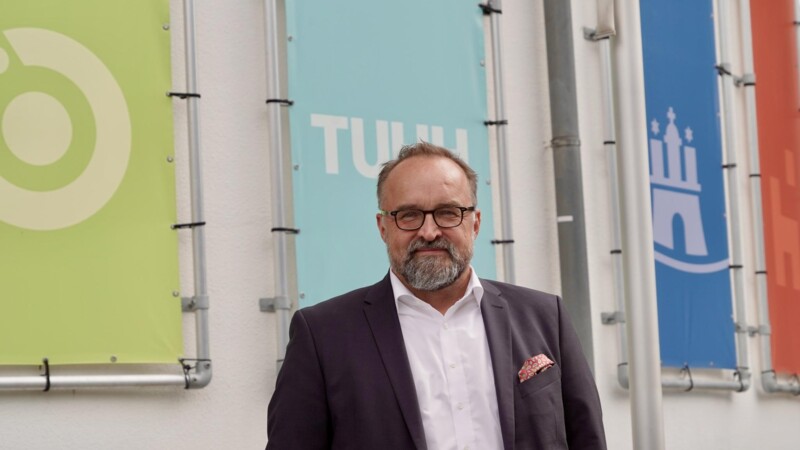
Martin Mahn, CEO of HI, names five essentials of innovation
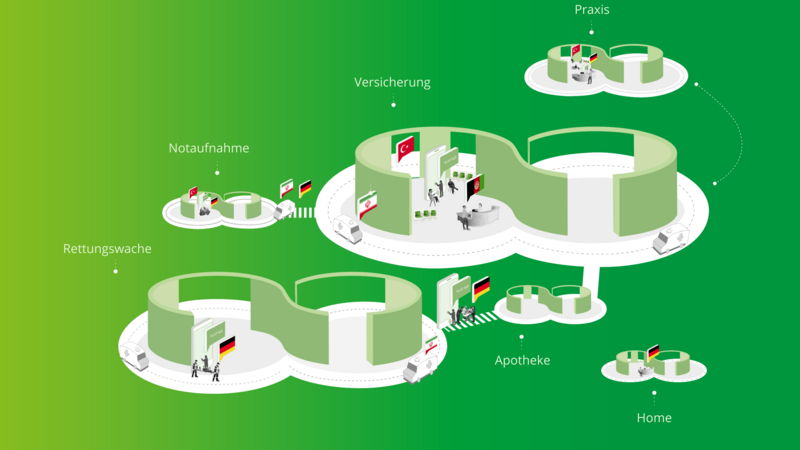
Apps removing language barriers and saving lives
